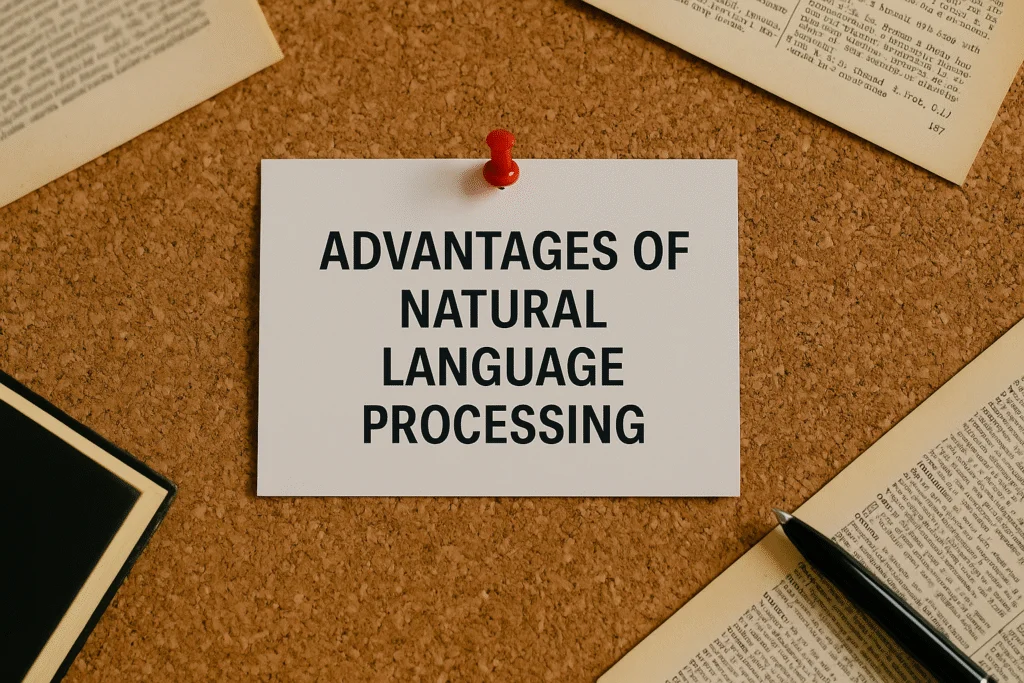In today’s competitive eCommerce landscape, search is no longer a basic feature it’s a strategic asset. As online shoppers become more accustomed to intuitive, Google-like experiences, the demand for smarter search capabilities has grown. This is where Natural Language Processing (NLP) comes into play.
NLP allows search engines to understand human language the way people actually speak or type it. Instead of relying on keyword-stuffed queries, NLP enables systems to interpret user intent, context, and sentiment. The result? More accurate, relevant search results that lead to higher engagement and better conversions.
Understanding NLP: A Quick Technical Overview
Natural Language Processing is a subfield of artificial intelligence (AI) and computational linguistics. It involves training computers to understand, interpret, and generate human language. In the context of eCommerce, NLP is used to:
- Parse user queries
- Extract entities (e.g., product attributes)
- Analyze intent (buying, browsing, comparing)
- Correct spelling or grammar
- Recommend related products based on linguistic patterns
NLP systems use various models and techniques such as:
- Tokenization: Breaking text into smaller units (words or phrases)
- Stemming/Lemmatization: Reducing words to their root forms
- Named Entity Recognition (NER): Identifying product names, brands, etc.
- Part-of-Speech Tagging: Understanding the grammatical role of each word
- Transformers & Embeddings: Representing language contextually using models like BERT or GPT

Key Advantages of NLP in eCommerce Search
1. Better Understanding of User Intent
Traditional keyword-based systems only match exact words. NLP, however, identifies what users actually mean. For example:
- Query: “cheap running shoes for women”
- NLP extracts: product type (running shoes), price filter (cheap), gender (women)
This leads to more personalized and contextually appropriate results.
2. Improved Search Accuracy and Relevance
NLP reduces irrelevant results by considering synonyms, paraphrases, and user behavior. It can understand that “backpack” and “rucksack” mean the same thing and adjust rankings accordingly.
3. Handling Complex Queries
Long and conversational queries are becoming common. NLP handles questions like:
- “What are the best waterproof jackets under $100?”
It breaks down this query into attributes: product type, feature (waterproof), and price filter.
4. Spelling Correction and Query Refinement
Users often make typos. NLP-powered systems detect misspellings and suggest or auto-correct queries without hurting the user experience.
Example:
- Query: “blu tooth spiker”
- NLP correction: “Bluetooth speaker”
5. Semantic Search and Context Awareness
Rather than matching keywords, NLP focuses on semantics the meaning of phrases. For example:
- Query: “Office chair for back pain”
- NLP understands the health concern and ranks ergonomic chairs higher.
6. Language Flexibility and Multilingual Support
NLP models trained on multiple languages can process queries from international customers. This ensures that non-English speakers receive accurate results too.
Is It Worth Using NLP in eCommerce?
Absolutely. eCommerce businesses that adopt NLP-based search systems witness:
- Lower bounce rates due to more relevant product listings
- Higher conversions because users find what they want faster
- Greater customer satisfaction from a smoother user journey
In contrast, sticking to old keyword-only systems often leads to irrelevant results, abandoned searches, and lost revenue.
Are There Better Alternatives?
While building an in-house NLP system is possible, it requires data science expertise, infrastructure, and continuous tuning. Many businesses end up struggling with accuracy and performance.
This is where Expertrec shines as a powerful, plug-and-play alternative. Instead of reinventing the wheel, eCommerce brands can rely on Expertrec’s battle-tested NLP technology.
How Expertrec Leverages NLP for eCommerce Success
Expertrec offers a fully optimized Natural Language Processing search engine that enhances every step of the shopper’s journey:
- Smart query understanding: Automatically identifies product types, filters, and synonyms
- Auto-suggestions: Based on NLP-powered intent recognition
- Advanced ranking: Combines vector search and NLP to deliver hyper-relevant results
- Multilingual NLP: Handles global queries with high accuracy
- No-code setup: Integrates easily with Shopify, WooCommerce, Magento, and more
Whether you’re managing 1,000 or 1 million SKUs, Expertrec ensures that your site search adapts intelligently to every user query.
Final Verdict: NLP is the Future of eCommerce Search
With user behavior evolving rapidly, NLP isn’t just a nice-to-have feature—it’s a necessity. Retailers that adopt NLP-powered search stand out with:
- Faster product discovery
- Smarter recommendations
- Happier customers
Expertrec makes this transition seamless. It combines the technical power of advanced NLP models with the simplicity of no-code implementation. If you’re looking to improve your store’s search experience, Expertrec is the smartest move.
FAQs: Advantages of Natural Language Processing in eCommerce
NLP is a field of AI that allows machines to understand and process human language. In eCommerce, it’s used to interpret user queries more intelligently.
2. How does NLP improve eCommerce search?
It analyzes the meaning behind queries, extracts relevant attributes, and matches them to your product catalog more accurately than keyword-based search.search?
Yes. It offers more relevant results, understands synonyms, and handles conversational queries better.
4. Does Expertrec use NLP?
Yes. Expertrec’s search engine is powered by advanced NLP models that improve query parsing, ranking, and personalization.
5. Can I use Expertrec without coding skills?
Absolutely. Expertrec offers a no-code setup with intuitive dashboards.
6. Does NLP support multilingual search?
Yes. NLP allows users to search in their native language, improving accessibility and global reach.
7. Will NLP slow down my site?
No. Expertrec’s system is optimized for speed and performance, even with advanced NLP features.
8. Is NLP suitable for small stores?
Yes. NLP benefits stores of all sizes by improving user experience and increasing conversions.
9. Can NLP personalize search results?
Yes. NLP can incorporate user behavior data to tailor search results over time.
10. How do I get started with Expertrec NLP Search?
Simply sign up at Expertrec, connect your product feed, and let the NLP engine do the rest.




